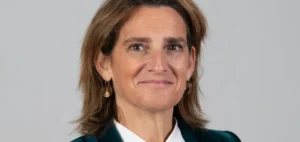As we approach the expiration of General License No. 44, discussions between the Venezuelan and US governments continue without any notable success. This license, essential for Venezuela’s oil and gas exports, is conditional on the holding of presidential elections deemed fair by the United States.
history and implications of the license
Initially issued on October 18 for a period of six months, the License No. 44 authorizes specific transactions with Petroleos de Venezuela (PDVSA). It stems from an agreement signed in Barbados between Nicolás Maduro’s government and the Venezuelan opposition, aimed at organizing presidential elections in 2024 with the participation of all candidates, including those previously disqualified, and the release of political prisoners.
Recent developments and accusations
According to Nicolás Maduro, in addition to the initial meeting in Barbados, nine other meetings were held to discuss the terms of the agreement-six in Qatar and three in Milan, mediated by the Emir of Qatar. Maduro asserts that the United States has not honored its commitments under the agreement, a claim he reiterated in recent exchanges in Mexico City with U.S. officials.
Exchanged and political consequences
Political tensions are exacerbated by the disqualification of Maria Corina Machado, the main opposition candidate, for the July elections. Her designated replacement, Professor Corina Yoris, was also refused registration. The Venezuelan opposition continues to seek a single candidate to challenge Maduro, without success to date.
International reactions and the future
Matthew Miller, spokesman for the U.S. State Department, said the U.S. could reimpose sanctions if the Maduro government does not fully comply with the Barbados agreements, particularly with regard to the electoral timetable and international observer missions. However, he also noted that Maduro had hindered the participation of opposition candidates, an action taken very seriously by Washington.
The ongoing negotiations between Venezuela and the United States are a watershed moment for energy policy and international relations, with potentially significant impacts on regional stability and global energy markets.




















